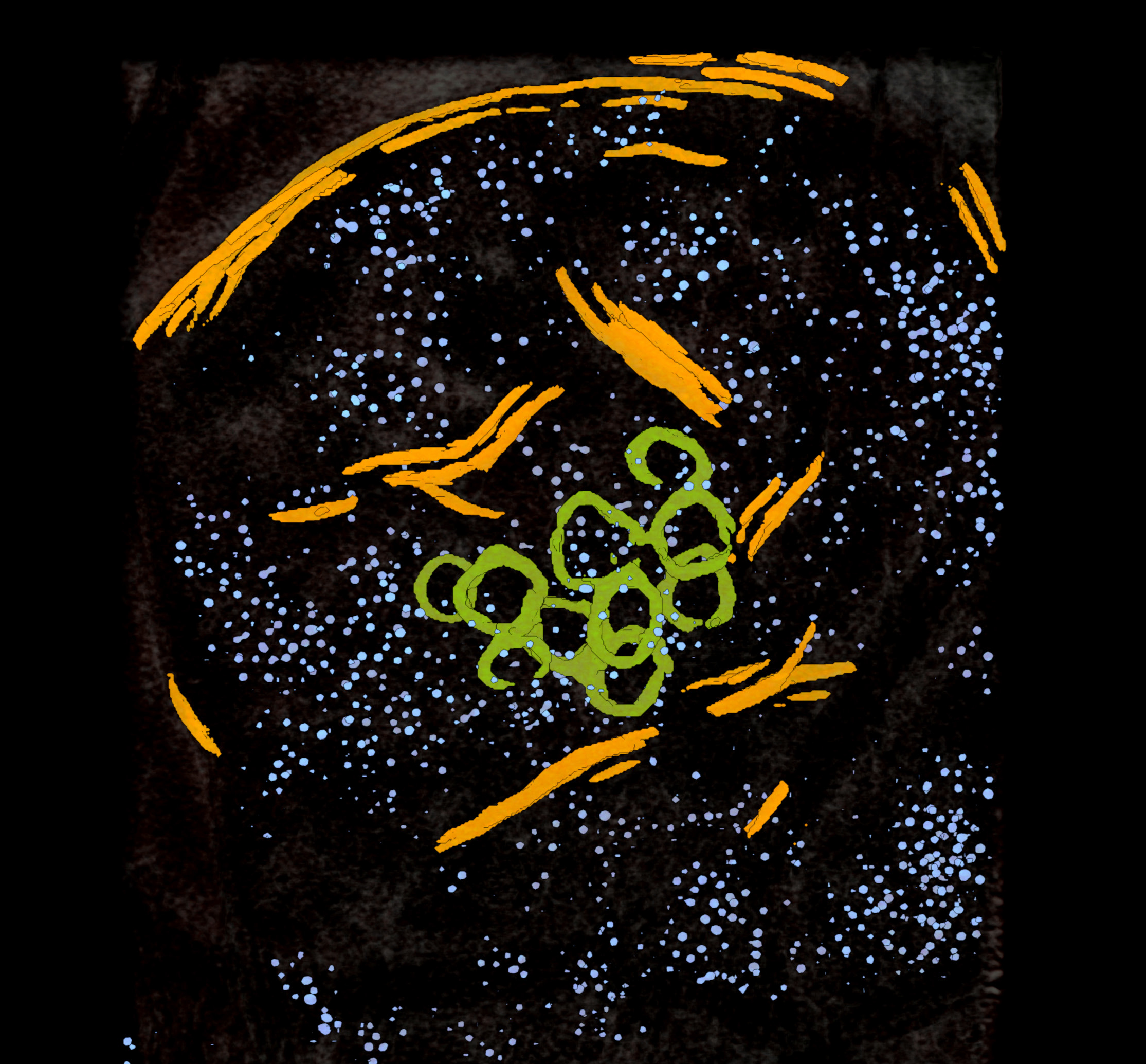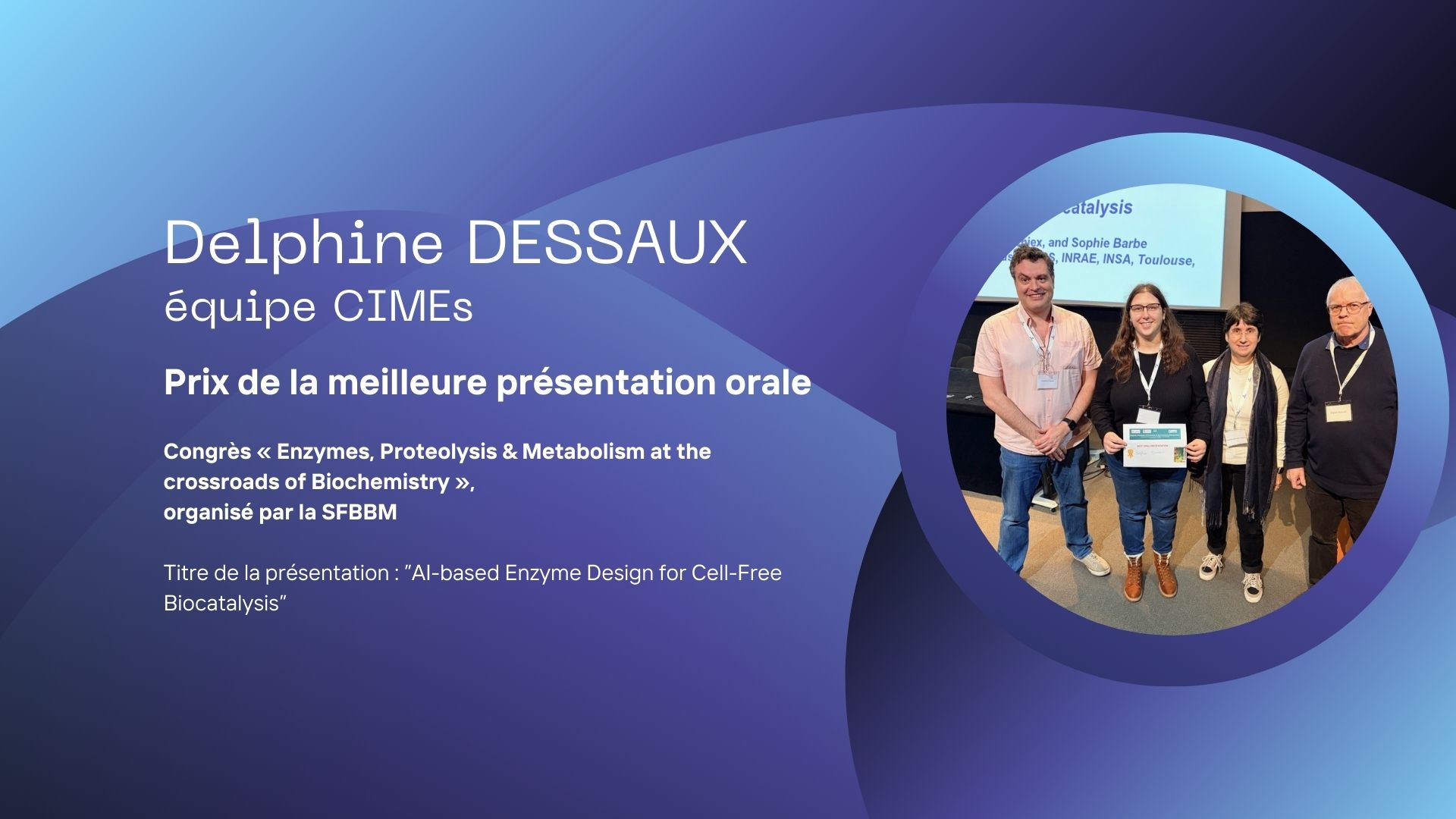Topic "Understanding the metabolic responses of microorganisms"
A few words
Understanding the metabolic responses of microorganisms

Ongoing projects
Project ACEMOD
Metabolism regulation in E. coli by post-translational modifications: Acetyl-phosphate (AcP) is an intermediate of the acetate pathway but it can also modify proteins by phosphorylation or acetylation. Protein acetylation in bacteria occurs through the action of acetyltransferase using acetyl-CoA or non-enzymatically by AcP. A large part of the central metabolic enzymes can be acetylated suggesting a role of acetylation in metabolism regulation. This research project aims to understand how AcP controls bacterial metabolism via protein acetylation by correlating the level of AcP in bacterial cell to the changes of AcP-acetylated protein sites.
Project ColiMATTERS
Bacteria have long been considered as mere « enzyme pouches », without any real degree of subcellular metabolic organization. This view started evolving with the discovery of bacterial microcompartments (BMCs). BMCs are highly organized proteinaceous structures, made of a semi-permeable shell that encapsulates specifically targeted enzymes. This project aims at characterizing the native Eut BMC system in Escherichia coli to understand: (i) how Eut BMCs enable to turn ethanolamine into usable N and C sources; (ii) how ethanolamine metabolism connects with central metabolism; and (iii) the relevance of ethanolamine utilization in the competitive gut environment.
Project COCA-COLI
Acetate is a major by-product of glycolytic microbial metabolism. Acetate diverts carbon out of cellular metabolism and is toxic for the cells, thereby decreasing the productivity of bioprocesses. The origin, control and regulation of acetate production remain to be clarified. In this project, we address fundamental and applied questions on the role and regulation of acetate overflow in E. coli , with the objective to propose strategies to improve production in E. coli -based bioprocesses.
Project NMRExtract
In this project, we develop a methodology to allow real-time analysis of the dynamics of metabolic systems in cell extracts by NMR, with the objective to set up a platform for rapid screening and optimization of metabolic networks for biotechnological applications.
Project TETAX
In collaboration with PEEP team and Sanofi, we analysed the physiology of the bacterium C. tetani at the macroscopic, metabolic and proteomic level to decipher the mechanisms of induction of the tetanic toxin synthesis. A better understanding of the metabolic regulations in C. tetani should allow us to develop synthetic media in order to replace the use of animal- based complex media in industry.



